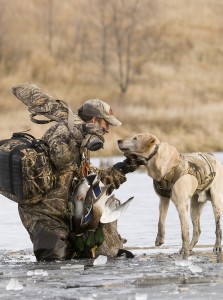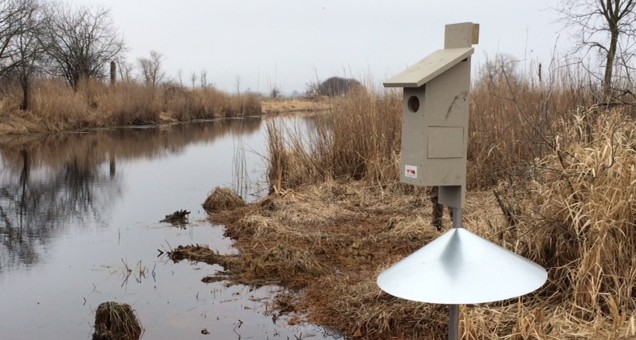Who is the WI Waterfowl Association?
The Wisconsin Waterfowl Association is a 501(c)(3), membership-based, non-profit organization, founded by hunters in 1984, acting exclusively in Wisconsin, with this stated mission:
membership-based, non-profit organization, founded by hunters in 1984, acting exclusively in Wisconsin, with this stated mission:
Mission Statement:
The purpose of the Association shall be to restore and conserve Wisconsin’s waterfowl and wetland resources; to educate state waterfowlers during their progression from natural resource consumer to steward; and to promote governmental policies that protect Wisconsin’s resources and promote the rights of citizens to hunt.
Our Goals:
We are dedicated to the conservation of Wisconsin’s waterfowl and wetland resources. The Wisconsin Waterfowl Association works closely with federal and state wildlife agencies on issues pertaining to Wisconsin wetlands and waterfowl. We provide a voice for our members, and represent the perspective of those who hunt waterfowl.
Habitat Restoration:
The quality of North America’s waterfowl breeding grounds, in particular those located within the boundaries of Wisconsin, depend on the management decisions of landowners. WWA works directly with Wisconsin landowners and federal, state, county and private agencies when restoring both public and private wetland & upland habitats in Wisconsin. Our field restoration team utilizes a historic-ecosystem based technique, which has received international attention and acceptance. Restored wetlands not only provide important habitat for waterfowl and thousands of other species, but they also provide the many-fold benefits of all wetlands; including cleaner water & flood control impacts, to name a few. We also work to increase nesting success through habitat improvement, as well as control of the spread of invasive species. Our goal is to continue these relationships to further increase the quantity and quality of wetland and upland habitat in the state.
Education:
We believe the number and the intensity of environmental problems facing Wisconsin’s waterfowl and wetland resources will continue to grow in the coming years. Each of us must be prepared to make informed decisions about these complex issues. Recognizing a need for innovative approaches to these education needs, WWA pioneered a program where trained biologists would visit environmental-based charter schools weekly, to provide a hands-on approach to learning in the outdoors. This program ran ten years under WWA support & guidance, from 2002-2012, when we handed it off to our partners from the WI Wildlife Federation, so the program could be expanded even further, beyond its ten school limitation. More recently, our focus has been on recruitment & education of new waterfowl hunters, using a variety of means: organized youth hunts, the more structured WDNR Learn to Hunt format, as well as the WDNR Wisconsin Non-Toxic Wingshooting program, which helps waterfowl hunters become more proficient in their shooting skills. We also actively seek to partner with others, to help educate outdoors people on controlling the spread of invasive species. WWA volunteers & staff present seminars to many groups, youth & adult, on wetland restoration, hunting skills & traditions, & nesting success improvements, throughout the course of the year. Our goal is to continue to find new and innovative ways to help educate future generations about the important issues which impact our lives as outdoors enthusiasts & conservationists, here in Wisconsin.
Legislation & Regulation:
The Wisconsin Waterfowl Association has been a leader in working with the state Legislature to find solutions to the complex problems associated with waterfowl and wetlands issues. Our goal is to continue our strong involvement with the Legislature on issues pertaining to our areas of focus. We have been instrumental in working with the U.S. Fish and Wildlife Service, flyway councils and state agencies to develop waterfowl regulations which will provide the maximum amount of opportunity for waterfowl enthusiasts and at the same time meet the population goals of the North American Waterfowl Management Plan. WWA representatives serve on the Migratory Bird committees of both the WDNR & the WI Wildlife Federation, as well as the WDNR’s Wild Rice Advisory Team, (an important food source for migratory waterfowl in the northern third of our state), as well as the recent Beaver management plan update team, and Waterfowl Hunting Zones ad-hoc committee, to name just a few key examples. Our goal is to continue with a strong presence on these committees through our staff, membership and board of directors.

